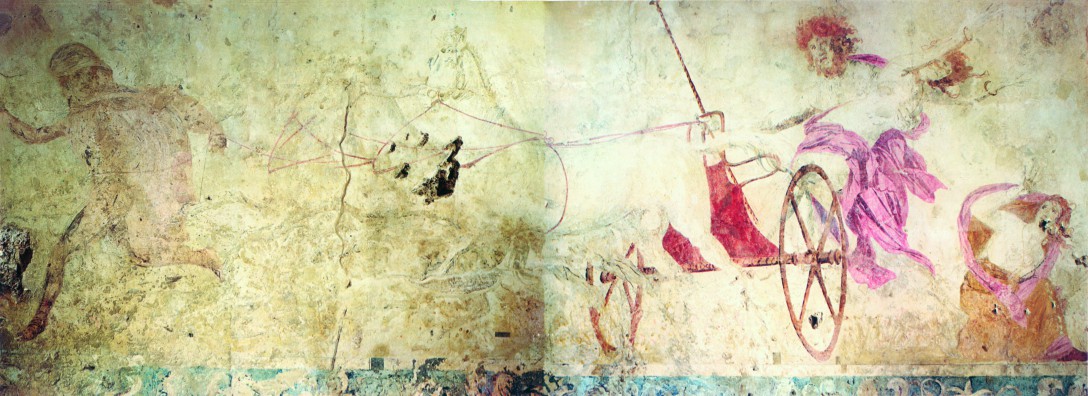As I was prepping my food for the week today, out of nowhere I remembered how I used to cut celery the exact same way in sixth grade when my mom taught me.
My mom taught me everything I know today about cooking. My dad also taught me a few things, but he mostly taught me how to hold a knife, how to sharpen the knife, how cut—mostly how to handle the knife and other dangerous kitchenware.
My mom taught me how to cook by showing me. She doesn’t say much when she cooks, but I ask a lot of questions. Why do you put that in first? How come you have to cut it like that? How do you know when it’s ready?
Sometimes she answers these questions elaborately and scientifically, but sometimes, and quite often, she says she “just knows.”
My cooking will never be as good as hers, but I think I’m beginning to understand “just knowing” when cooking. When I was home during break, I watched her cook some more, but this time I asked fewer questions because I “just knew.”
If at age 19 I’m beginning to “just know,” I wonder how much my mom “just knows.” So I still ask her a lot of questions, but perhaps I should ask her more questions than just about cooking.
But as she does when she demonstrates cooking, she doesn’t have to verbalize but just show. And because I believe actions speak louder than words, her demonstration portraying the management of a domesticated lifestyle of motherhood with three demanding children and a restaurant business is good example enough.
The theme of my journal entry titles are one word verbs. I find that too often we write and speak, but to an excessive point where we get caught up in our thoughts and forget to do things. We forget to act. It doesn’t even have to be right or wrong, we forget to act—or worse—we choose not to.
Whether it’s fear, ignorance, or oblivion, hindrance from action is dangerous because it facilitates laziness, hypocrisy, or both. I’m not sure which is worse, because both are terrible.
